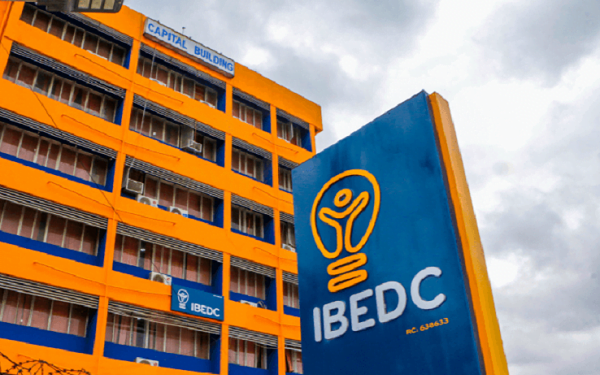
The Ibadan Electricity Distribution Company (IBEDC) is facing backlash following its decision to increase the minimum energy credit purchase requirement for Band A customers to N5,000. Additionally, the company has set a N2,000 minimum energy credit for customers in other bands, leading to widespread condemnation from consumer groups.
In a notice to its customers, IBEDC announced that the updated payment structure is now in effect. “Users on Band A must now make a minimum recharge purchase of N5,000, while users in other bands must make a minimum purchase of N2,000,” the company stated. The new policy applies exclusively to IBEDC customers.
Prior to this change, customers were free to purchase energy credit in any amount, a system still in place with other electricity distribution companies. The decision to implement the new policy has sparked concerns and protests from various quarters.
Busolami Tunwase, the spokesperson for IBEDC, defended the policy, explaining that it was introduced as part of efforts to curb energy theft. However, she did not elaborate on how the new minimum purchase requirements would address this issue.
An anonymous senior official from the company explained that the move came after a review of the vending platform, which revealed that some customers were purchasing minimal amounts of energy credit that lasted them for extended periods. The official pointed out that if a Band A customer purchases 50 units for N10,450 (exclusive of VAT), it would imply usage of less than two units per day, which they deemed practically impossible. The official further alleged that some customers were bypassing meters to pay lower amounts while still enjoying a steady power supply.
However, the new policy has faced sharp criticism from consumer rights advocates. Adeola Samuel-Ilori, National Coordinator of the All Electricity Consumers Forum, called for an immediate reversal of the policy, asserting that it infringes on consumers’ rights to choose according to their purchasing power. Samuel-Ilori warned that the forum would take legal action if the policy is not reversed.
“It is unacceptable to take away the right of people to choose what their purchasing power can afford. Electricity is not a privilege but a right under the constitution and the power sector law,” Samuel-Ilori stated, emphasizing that the policy could lead to significant backlash.
Adetayo Adegbemle, Convener of PowerUp Nigeria, expressed concerns that the new policy would not effectively address energy theft but could instead exacerbate the problem. He also questioned whether IBEDC had regulatory backing for such limitations, suggesting that the company could face penalties from regulators such as the Nigerian Electricity Regulatory Commission (NERC).
Kola Olubiyo, President of the Nigeria Consumer Protection Network, revealed that both the Federal Competition and Consumer Protection Commission (FCCPC) and NERC are currently investigating the matter. Olubiyo criticized the policy as an infringement on consumer rights, accusing IBEDC of undermining efforts to create a competitive electricity market and limit consumer choice.
Princewill Okorie, Executive Director of the Electricity Consumer Protection Advocacy Centre, also condemned the move, calling it oppressive and disconnected from the realities of consumers. He urged the FCCPC to step in and enforce consumer protection laws in the power sector.
As the controversy continues to unfold, IBEDC’s decision remains under scrutiny, with both consumer groups and regulatory bodies calling for a review of the new policy.
Comments